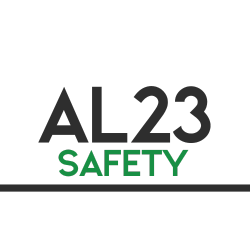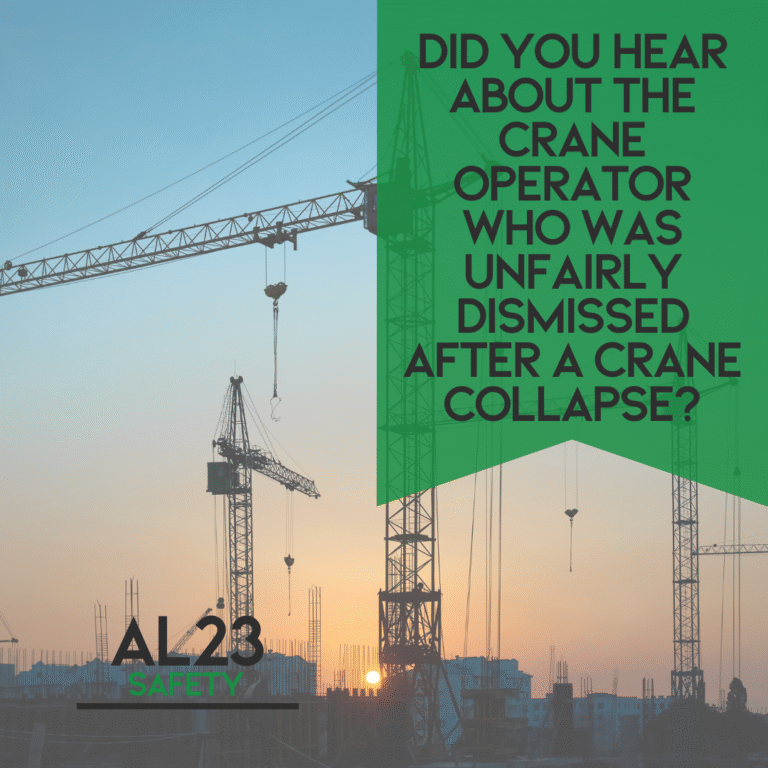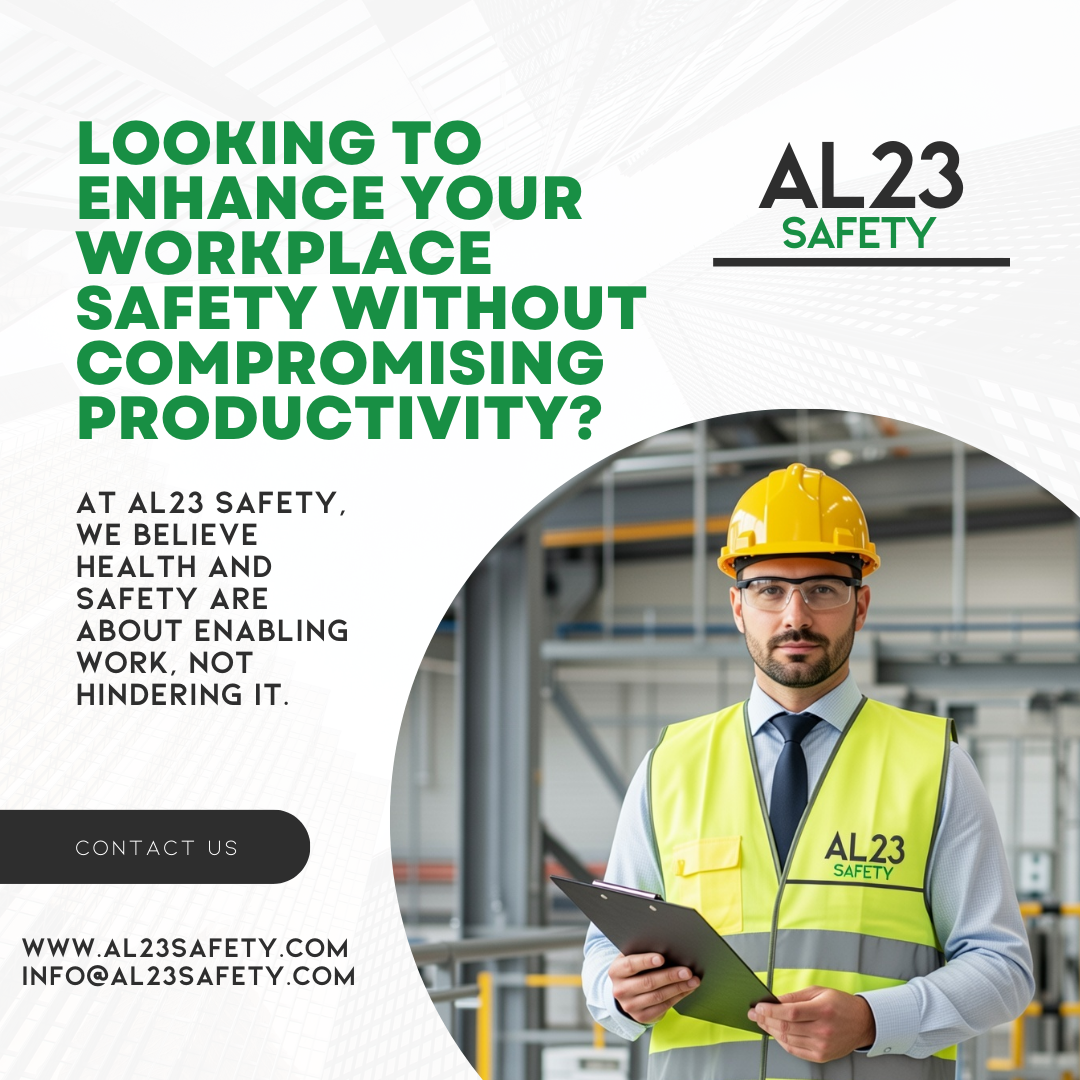Health and safety compliance remains the cornerstone of successful construction operations, yet many businesses still fall short of meeting essential standards. The recent tribunal ruling involving Falcon Tower Crane Services has illuminated crucial gaps in industry practices, demonstrating why robust compliance systems are non-negotiable for construction companies.
Understanding the Falcon Tower Crane Services Case
The tribunal’s decision regarding Falcon Tower Crane Services serves as a stark reminder of what happens when health and safety compliance fails. When a crane operator faced dismissal following a collapse incident, the tribunal ruled that the company had conducted an inadequate investigation before reaching their conclusion. This case highlights how poor compliance procedures can devastate both individual careers and company reputations.
The incident exposed significant shortcomings in Falcon’s approach to construction safety management. A thorough, compliant investigation could have protected the operator’s employment whilst demonstrating the company’s commitment to workplace safety standards. Instead, the rushed process created legal vulnerabilities and public scrutiny that could have been entirely avoided.
Lesson 1: Implement Comprehensive Investigation Procedures
Effective compliance demands rigorous investigation protocols following any workplace incident. Construction companies must establish clear procedures that meet health and safety legislation requirements whilst ensuring fair treatment for all parties involved. These investigations should be conducted by trained professionals who understand both legal obligations and industry best practices.
At AL23 Safety, we’ve observed that companies with robust investigation frameworks experience fewer tribunal cases and maintain stronger employee relationships. Our construction risk assessment services help establish these crucial procedures before incidents occur.
Lesson 2: Prioritise Proactive Risk Management
Successful construction safety management focuses on prevention rather than reaction. Companies must conduct regular construction risk assessments that identify potential hazards before they materialise into incidents. This proactive approach to health and safety compliance protects workers whilst reducing liability exposure.
Our experience with construction clients demonstrates that businesses investing in comprehensive risk management see significant reductions in workplace incidents. These assessments form the foundation of effective workplace safety standards that protect both employees and business interests.
Lesson 3: Foster Transparent Communication Cultures
Health and safety thrives in environments where employees feel safe reporting concerns without fear of repercussions. The Falcon case illustrates how communication breakdowns can escalate minor issues into major legal challenges. Construction companies must cultivate cultures where safety discussions are welcomed and acted upon promptly.
Transparent communication about workplace safety standards encourages employees to identify risks early, preventing incidents that could otherwise result in serious consequences. This approach strengthens overall construction safety management whilst demonstrating genuine commitment to employee wellbeing.
Lesson 4: Ensure Ongoing Training and Development
Health and safety legislation continues evolving, requiring construction companies to maintain current knowledge of regulatory changes. Regular training programmes ensure that all staff understand their responsibilities regarding health and safety compliance, reducing the likelihood of procedural failures.
Effective construction safety management includes comprehensive training schedules that address both general safety principles and role-specific requirements. These programmes should be regularly updated to reflect changes in safety standards and industry best practices.
Lesson 5: Partner with Experienced Safety Consultants
The complexity of modern compliance makes professional guidance invaluable for construction companies. Expert consultants understand the nuances of health and safety legislation whilst providing practical solutions tailored to specific business needs.
AL23 Safety specialises in helping construction companies navigate these challenges through comprehensive risk assessments, tailored training programmes, and ongoing support. Our expertise in safety management ensures that clients meet all regulatory requirements whilst building positive safety cultures.
The Business Case for Robust Compliance
Investing in proper compliance delivers significant returns beyond regulatory adherence. Companies with strong safety standards experience reduced insurance premiums, fewer work disruptions, and enhanced reputations that attract quality employees and clients.
The Falcon case demonstrates the costly consequences of inadequate compliance. Legal fees, tribunal costs, and reputational damage far exceed the investment required for proper safety management systems.
Moving Forward: Building Sustainable Safety Cultures
As health and safety legislation becomes increasingly stringent, construction companies must adopt comprehensive approaches to compliance management. This includes regular construction risk assessments, ongoing training programmes, and clear communication protocols that support rather than hinder safety reporting.
The lessons from Falcon Tower Crane Services remind us that compliance isn’t merely about meeting minimum legal requirements, it’s about creating workplaces where employees feel valued and protected. Companies that embrace this philosophy position themselves as industry leaders whilst building sustainable competitive advantages.
Contact AL23 Safety today to discover how our tailored safety management solutions can protect your business, ensure compliance, and create the positive safety culture your organisation needs to thrive in today’s challenging construction environment.



